By Eric Vandenbroeck and co-workers
In the early hours of Dec. 8, the Assad dynasty’s more
than half a century of brutal rule in Syria came to an end.
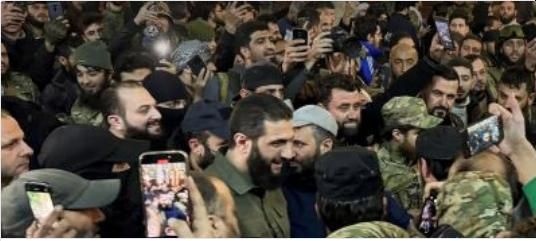
With Bashar al-Assad
fleeing the country, not only did Syria’s domestic political order change
overnight—so too did its geopolitical identity. It is no longer part of Iran’s “axis
of resistance” or
one of Russia’s longest-lasting allies in the Arab world, where Moscow had its
most profound strategic footprint in the form of both air and naval
bases.
Many are busy
declaring winners and losers of this pivotal moment. Drawing a list of losers
at this stage is relatively easy. The regime itself, Iran, Russia, and
Hezbollah are among them. However, drawing a list of winners is not as
straightforward. Although Assad’s fall has significantly boosted
Turkey’s influence and stature in Syria and in broader regional geopolitics,
HTS—Hayat Tahrir al-Sham, the rebel faction that led the offensive that toppled
him—is not a Turkish proxy. That said, Ankara remained committed to the Syrian
opposition groups during difficult times and now has significant influence over
HTS and the ability to affect its actions and decisions.
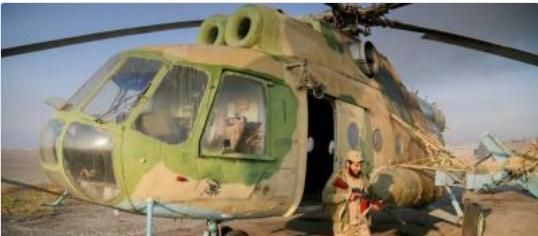
That commitment
ultimately bore fruit with the removal of Assad, marking a pivotal shift in the
regional landscape. In northern Syria, opposition forces—bolstered by years of
military and administrative
experience and assistance from Turkey—emerged with enhanced governance capabilities.
This transformation
became evident not only in the group’s cohesive execution of the operation that
led to Assad’s downfall but also in the disciplined and methodical approach
that it adopted in the aftermath. These developments signal a substantive evolution
in the Syrian opposition’s capacity to govern, reflecting both the dividends of
sustained external support and the intrinsic adaptability of these actors in
navigating Syria’s fraught and ever-shifting political terrain.
However, HTS and
other rebel groups may soon discover that building a new Syria might prove more
cumbersome and challenging than bringing it down. We know what collapsed in
Syria, but we do not know what awaits it. A concerted effort by Syrian,
regional, and international actors is needed to prevent further bloodshed,
fragmentation, and proxy wars in the country.
That effort must
begin with a nonsectarian interim government in Damascus and a new regional and
international bloc to help with the political process, reconstruction, and
rebuilding—a bloc that replaces the old pro-Assad power brokers in Moscow and
Tehran with a group including Turkey, Syria’s Arab neighbors, Qatar, and Saudi
Arabia—as well as the European Union and the United States.
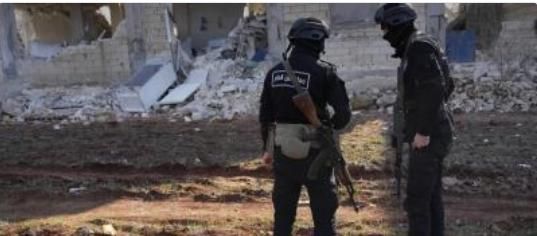
Within Syria, one of
the gravest dangers would be if regime collapse turns into a state
collapse, as was the
case in Libya. Such a
collapse would only lead to more chaos and a bleak future for the country.
Therefore, the Syrian state’s institutions and mechanisms need to be
maintained.
Political transition
and government formation are interlinked, but they can be separated. The
political transition is an arduous and time-consuming process. Yet a new
interim government is needed immediately to provide essential services,
preserve state institutions and functions, and prevent a power vacuum and chaos
from emerging.
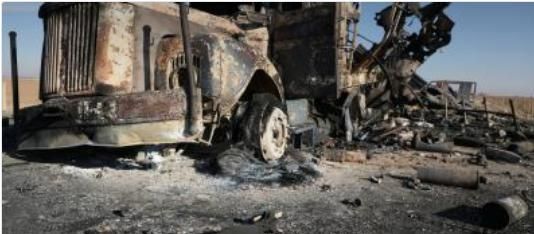
In this respect, the
recent decision by HTS to convene its first joint cabinet meeting with ministers
from the Assad era suggests a commitment to a transition process and can be
interpreted as a promising development. The attainment of stability in Syria is
not merely a local imperative but a regional one as well.
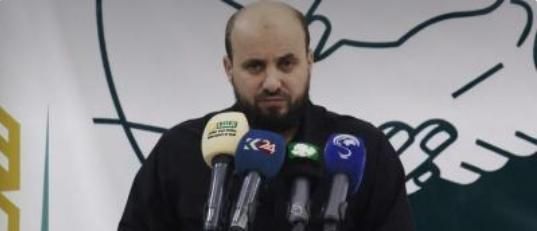
Appointing a caretaker prime minister tasked with putting
an interim government in place just one day after the fall of Damascus was a
step in the right direction. As the group that led the march on the capital,
HTS will have a significant say in the political transition and government
formation. Yet, to gain societal legitimacy and international acceptance, this
new government should be inclusive and reflect the country’s diversity. It
cannot be HTS’s previously Idlib-based “salvation
government” writ
large.
For updates click hompage here